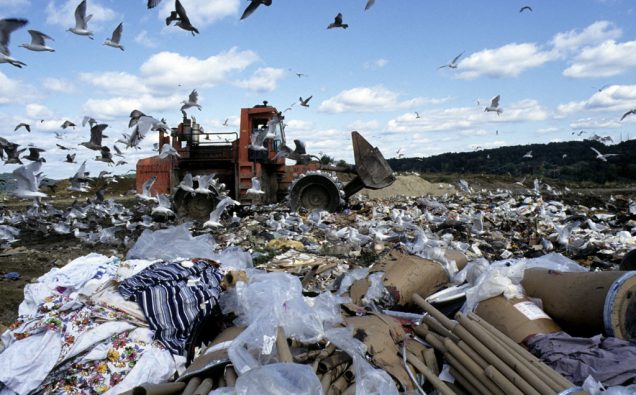
Birds are among the species that are most vulnerable to plastic pollution, and digital technology has helped unearth some of its devastating effects on seabirds.
When looking for food, birds often get caught up in fishing gear and other plastic debris scattered around. They confuse plastic waste with food and once they eat the waste, it causes them to starve.
Birds are also at a disadvantage, when they use debris as material for nest-building as it can harm their chicks
“The world is choking on plastic and so too are our birds, on which so much life on Earth depends,” Joyce Msuya, acting Executive Director of the UN Environment Program said as the world body focused on the issue.
World Migratory Bird Day highlights deadly risks of plastic pollution https://t.co/u1EitinL6A
— Views&News (@ViewsNewsMag) October 14, 2019
According to a UN news release, online tools have helped scientists to build up a comprehensive picture of the effect that discarded fishing equipment is having on birds.
It cities studies by Peter Ryan, Director of the Fitzpatrick Institute of African Ornithology at the University of Cape Town, revealing that almost all marine and freshwater birds are at risk of entanglement in plastic waste and other synthetic materials.
“A wide diversity of land birds, from eagles to small finches, are also affected, and these numbers are expected to increase.”
Nearly 40 percent of seabirds have consumed plastic.
“This can kill them or, more likely, cause severe injuries, and plastic accumulations can block or damage the digestive tract or give the animal a false sense that they are no longer hungry, leading to starvation.”
One-third of global plastic production is non-recyclable and at least eight million tons of plastic flows unabated into our oceans and water bodies each year,” said Joyce Msuya, acting Executive Director of the UN Environment Programme (UNEP).
“It is ending up in the stomachs of birds, fish, plankton, and in our soil and water. The world is choking on plastic and so too are our birds, on which so much life on Earth depends.”
Discarded fishing gear is the biggest reason for birds becoming entangled in plastic, particularly seabirds, many of whom are not detected because they die far from land, out of sight of humans, the UN says in the news release.
“There are no easy solutions to the plastic problem. However, as this year’s World Migratory Bird Day underlines, everybody on this planet can be part of the solution and take steps to reduce their use of single-use plastic,” said Jacques Trouvilliez, Executive Secretary of the AEWA. “Tackling this problem globally will not only be beneficial for us, but also benefit our planet’s wildlife, including millions of migratory birds.”


















